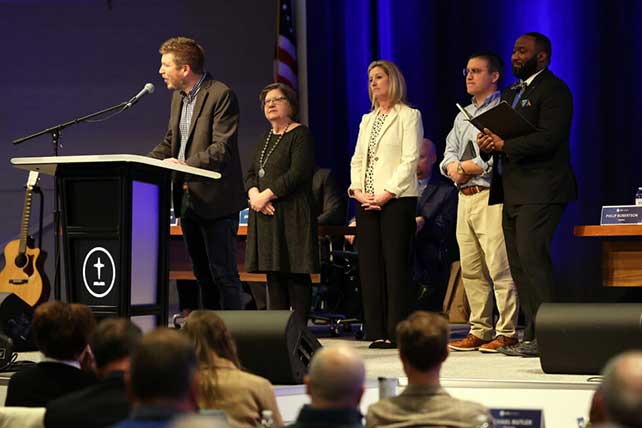In the midst of life’s bustling activities, priorities often become blurred, leading many to question what should hold utmost importance. The words of Jesus, “Seek ye first the kingdom of God,” (found in Matthew 6:33) provide a clear directive foranyone try to navigate the complexities of life. This command, spoken by Jesus during the Sermon on the Mount, encapsulates a profound principle for living a life aligned with divine purpose and assurance. It encourages believers to place spiritual pursuits and the righteousness of God above all else, with the promise that all necessary things for life will be provided.
To understand “Seek ye first the kingdom of God,” one must first grasp what the phrase “kingdom of God” represents. In the broadest sense, it signifies the reign and rule of God over all aspects of life—both in the present and the eternal. It encompasses God’s will being done on earth as it is in heaven, inviting believers to live in a way that reflects God’s values and principles.
The instruction to seek the kingdom of God first is a call to prioritize God’s values and virtues above material concerns and worldly ambitions. It suggests a reorientation of one’s life, focusing on living in accordance with God’s will and striving for righteousness. This pursuit involves a deep commitment to spiritual growth, ethical living, and a life marked by love, justice, and humility.
Trusting in God’s Provision
An integral part of seeking the kingdom of God first is trusting in God’s provision for our needs. Jesus emphasizes this in the verses preceding Matthew 6:33, pointing out that God cares for the birds of the air and the lilies of the field, and will much more care for His people. This trust is not passive but active, engaging believers in a life of faith where God’s promises are relied upon for daily sustenance, guidance, and protection.
Aligning Actions with Divine Purposes
Seeking the kingdom of God first is also about aligning one’s actions and decisions with divine purposes. It involves discerning God’s will in every aspect of life and making choices that reflect His righteousness and love. This alignment is not just for individual benefit but is intended to have a transformative impact on the world, advancing God’s kingdom through acts of compassion, justice, and evangelism.
How to Seek Ye First the Kingdom of God
How, then, does one practically “seek ye first the kingdom of God”? It begins with a heart fully surrendered to God, desiring His will above all. Daily practices such as prayer, reading Scripture, and meditation help to cultivate a deep relationship with God, where His voice becomes the guiding force in life. Prioritizing the kingdom also means serving others, sharing the Gospel, and being a beacon of God’s love and truth in a world that often prioritizes the opposite.




























